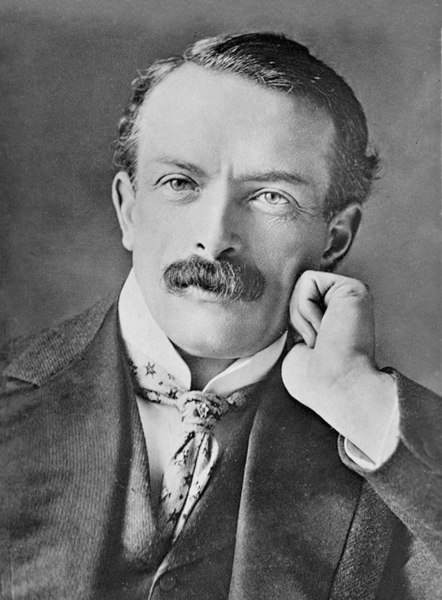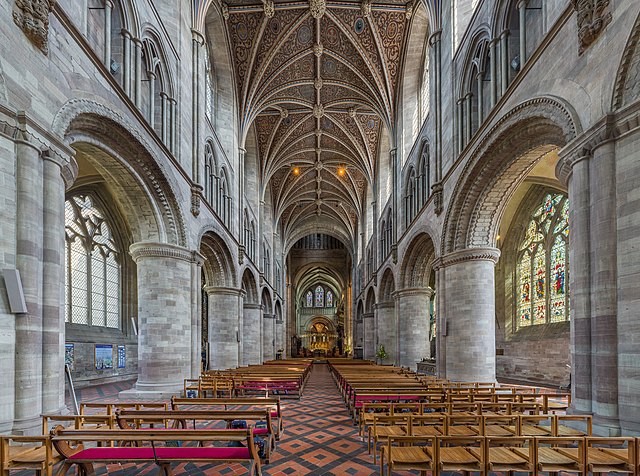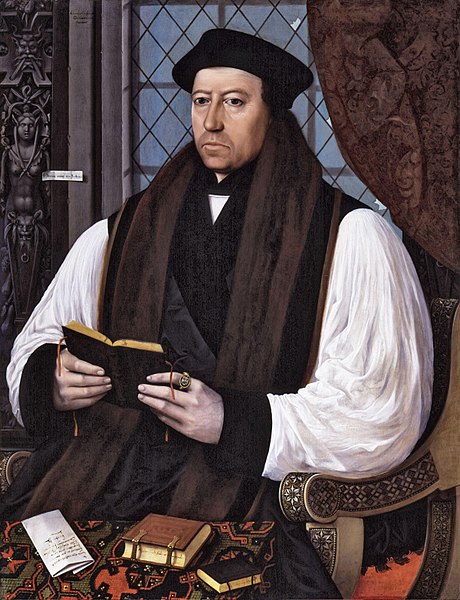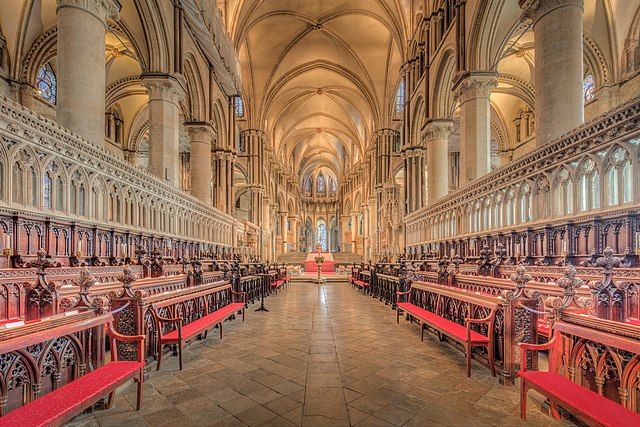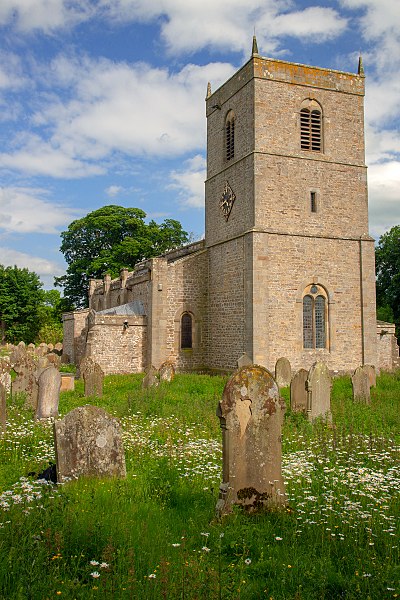Nonconformist (Protestantism)
Nonconformists were Protestant Christians who did not "conform" to the governance and usages of the state church in England, and in Wales until 1914, the Church of England. In Ireland, the comparable term, through to the disestablishment of the Church of Ireland in 1869, was Dissenter: a Protestant, typically a Presbyterian, who refused, or dissented from, the approved Anglican communion.
Title page of a collection of Farewell Sermons preached by Nonconformist ministers ejected from their parishes in 1662.
Bunyan Meeting Free Church, a Nonconformist chapel in Bedford. Dissenter John Bunyan purchased a barn in 1672 for a meeting place. A meeting house replaced it in 1707 and this chapel was built in 1850.
Methodist minister Hugh Price Hughes encouraged Nonconformists to support the Liberal Party.
Liberal Prime Minister David Lloyd George assiduously cultivated Nonconformist support.
The Church of England is the established Christian Church in England and the Crown Dependencies. It is the origin of the Anglican tradition, which combines features of both Reformed and Catholic Christian practices. Its adherents are called Anglicans.
Hereford Cathedral is one of the church's 43 cathedrals; many have histories stretching back centuries
Thomas Cranmer was the first Protestant Archbishop of Canterbury and principal compiler of the Book of Common Prayer
Major repairs were done to Canterbury Cathedral after the Restoration in 1660.
One of the now "redundant" buildings, Holy Trinity Church, Wensley, in North Yorkshire; much of the current structure was built in the 14th and 15th centuries




